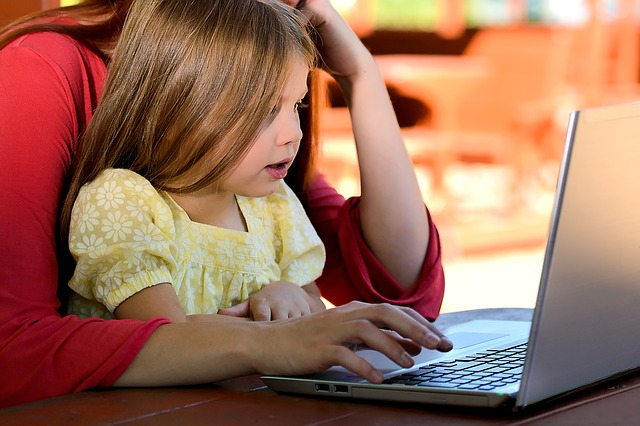
Singapore's Ministry of Education (MOE) has advised parents to educate their children about the surge of fake news. MOE's online publication has listed a few steps that a parent could follow to guide their children to identify the difference between a real and a false information.
Because of the advanced technology, the children of this generation are exposed to each and every online information almost 24/7. But, most of the time without knowing the original source, youngsters share that unchecked information on their personal social media account.
As per the education news site, School Bag, "Essential information literacy skills, such as checking the reliability of and evaluating sources of information taught in Social Studies help cultivate the habit of verifying information before making judgements. This will help the individual be less impulsive and reduce the tendency to uncritically accept information at face value."
"Using National Library Board (NLB)'s S.U.R.E campaign to promote Information Literacy, we have come up with some possible ways you can help your child develop these skills further," it further added.
What is S.U.R.E
The name of the campaign, S.U.R.E stands for the source, understand, research and evaluate. While the search for a trustworthy source is the first step of this process, understanding and going beyond the initial source to look for more facts is also important. Once the source and facts are revealed, it's time to do some research on the topic before making any conclusion and compare the news with other sources. The last step to find out the reliability of the information is the evaluation, which needs different angles of a story that will help to balance the content and will provide a fair judgement.
Parent-child conversation
The website explained how parents could teach their children to follow these steps. It said, "Headlines such as 'Government to increase schooling hours because students do not study hard enough' or 'There will be no more bus concessions for students because of constant misuse' may stir emotions because these headlines would impact them as students."
But before finalizing a conclusion depending on emotions parents should guide their children to determine whether the source the website is reliable or not.
A Singapore based football coach Ahmad Ali, who is also a father of three children, guides his daughter Amira Sufya, 14, whenever they find time to discuss online contents.
"She would usually share her feelings after reading. It could range from shock and anger to excitement. I tell her to calm down and check where the article is from, the website domain and author. She is now more aware of the need to know the source before deciding if the information can be trusted further," Ahmad said.
Parents can teach their children that any kind of information, whether it is a visual content or a news, should be read and understood clearly.
A Singaporean woman Grace Tham have shared her conversation with son Timothy, 13. She said, "I encourage Timothy to read or study articles or pictures fully as he needs to make sure he has a clear picture of the whole article. Kids like it when we listen to what they have to say. Having a clearer picture of information he comes across actually helps him to articulate his views better."
So what a parent should do?
Parents can ask probing questions such as "Do you think it is fair if you make a conclusion based on this article you are reading?" or "How else can you make sure that what you have read is correct?" These kinds of questions will be helpful to guide the children to ensure the reliability of the news. If the children follow the guidance of their parents then they can easily make a conclusion that is justified as well as reasonable.
How social studies can help?
This subject helps to develop critical thinking ability in children and by exercising social studies they can learn to make decisions based on sound reasoning after considering various perspectives as well as cultivate good habits of managing the impulsivity of jumping to conclusions before the information is checked for validity.









